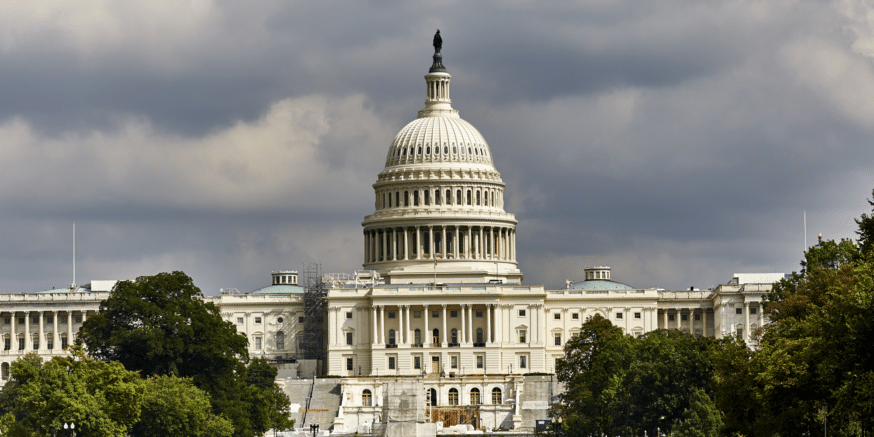TLDR
- Summer Mersinger will resign from the CFTC on May 30 to lead the Blockchain Association.
- Her departure will leave the CFTC with only three active commissioners out of five.
- The CFTC is already dealing with one existing vacancy and faces another expected resignation.
- President Trump has nominated Brian Quintenz as the next CFTC Chair but confirmation is delayed.
- Christy Goldsmith Romero plans to resign once Quintenz is confirmed, adding to the staffing issues.
The CFTC will soon operate with only three of its five commissioners as Summer Mersinger prepares to resign. She will officially leave on May 30 to assume the CEO role at the Blockchain Association. This transition intensifies growing concerns about the CFTC’s ability to maintain regulatory efficiency amid an extended staffing gap.
CFTC Faces Pressure After Mersinger Exit
Summer Mersinger’s departure follows an earlier vacancy, bringing the CFTC down to three active commissioners. Her exit removes one of the commission’s most consistent pro-crypto voices during a crucial regulatory period. Although she will remain active in crypto advocacy, her absence inside the agency could delay key initiatives.
Her successor at the Blockchain Association highlights her industry expertise and federal regulatory background as strategic assets. Yet, the CFTC must now adjust operations without her leadership while facing regulatory deadlines. This transition, while planned, adds uncertainty to the agency’s oversight structure in a sensitive regulatory environment.
Although Acting Chair Caroline Pham remains in place, the commission will lack the full leadership needed for timely decision-making. Two other commissioners remain past their official term expiration, complicating long-term planning. Mersinger’s term was the most secure among the five, so her departure significantly impacts commission stability.
CFTC is Becoming a ‘Ghost Town’
President Trump has already nominated Brian Quintenz to lead the CFTC as its next Chair. However, the Senate has not scheduled hearings or votes to confirm him. The absence of updates indicates that this process could extend into the later part of 2025.
If confirmed, Quintenz will take a pro-crypto stance, potentially shifting commission priorities toward market innovation. But once he assumes office, another Commissioner—Christy Goldsmith Romero—has stated she will resign. This resignation would immediately open a second vacancy, further straining the CFTC’s operational capacity.
The CFTC will enter another prolonged selection process with no successor named for Romero. Staffing delays like these could hinder the agency’s ability to enforce and craft digital asset regulations. As a result, the commission’s regulatory authority could weaken during a period of rapid market evolution.
Crypto Regulation Slows as CFTC Shrinks
Extended confirmation timelines and pending resignations will likely leave the CFTC shorthanded for most of the year. One confirmed appointment will not resolve the broader staffing deficit as the agency prepares for another exit. Under these conditions, the commission’s ability to address emerging crypto regulation may slow.
Although a pro-crypto majority could emerge, staffing lags reduce short-term efficiency and coordination. Key enforcement actions and policy updates may face internal delays as fewer commissioners handle growing workloads. The CFTC needs immediate replacements to maintain its primary digital asset regulator role.
Until confirmations are completed, the CFTC remains in a transitional phase with reduced decision-making capacity. The agency’s influence over crypto market regulation will remain significant, but its momentum may temporarily weaken. Stable leadership and full staffing remain critical to its long-term effectiveness.






